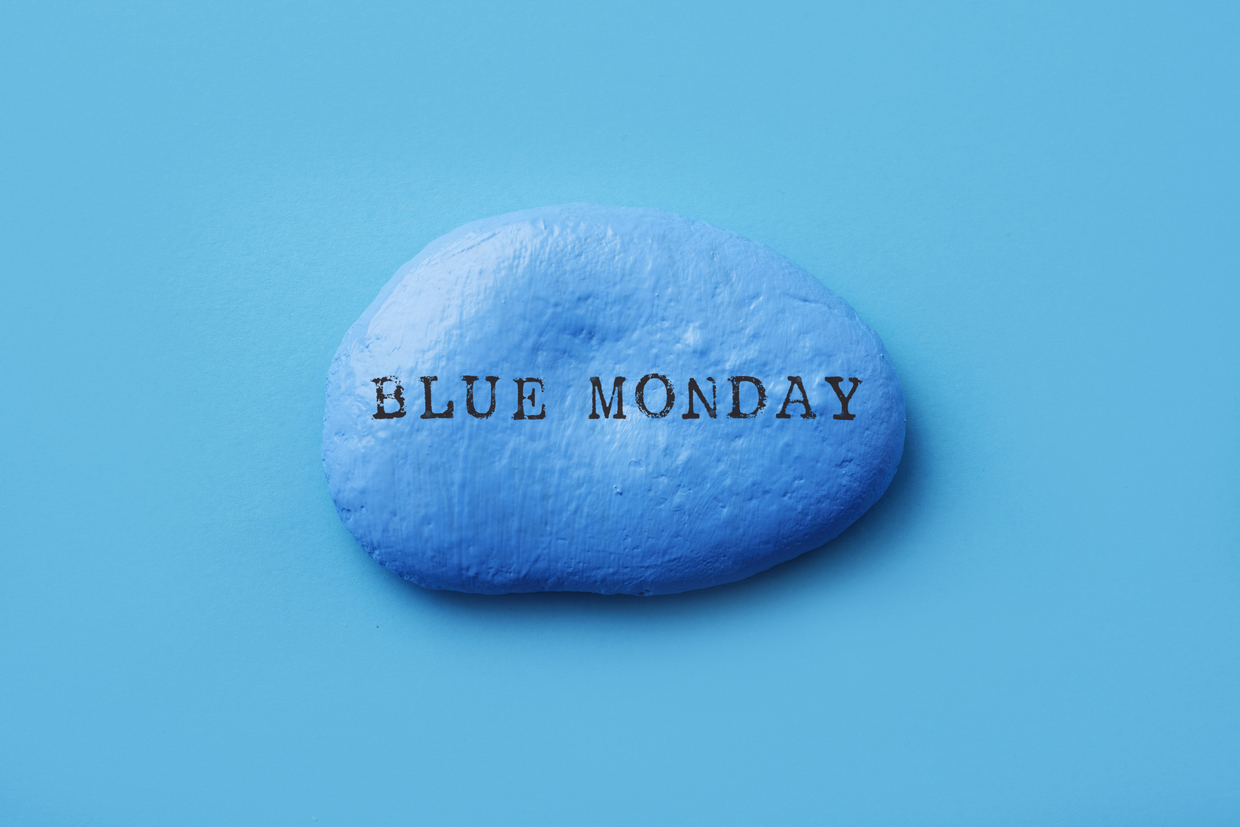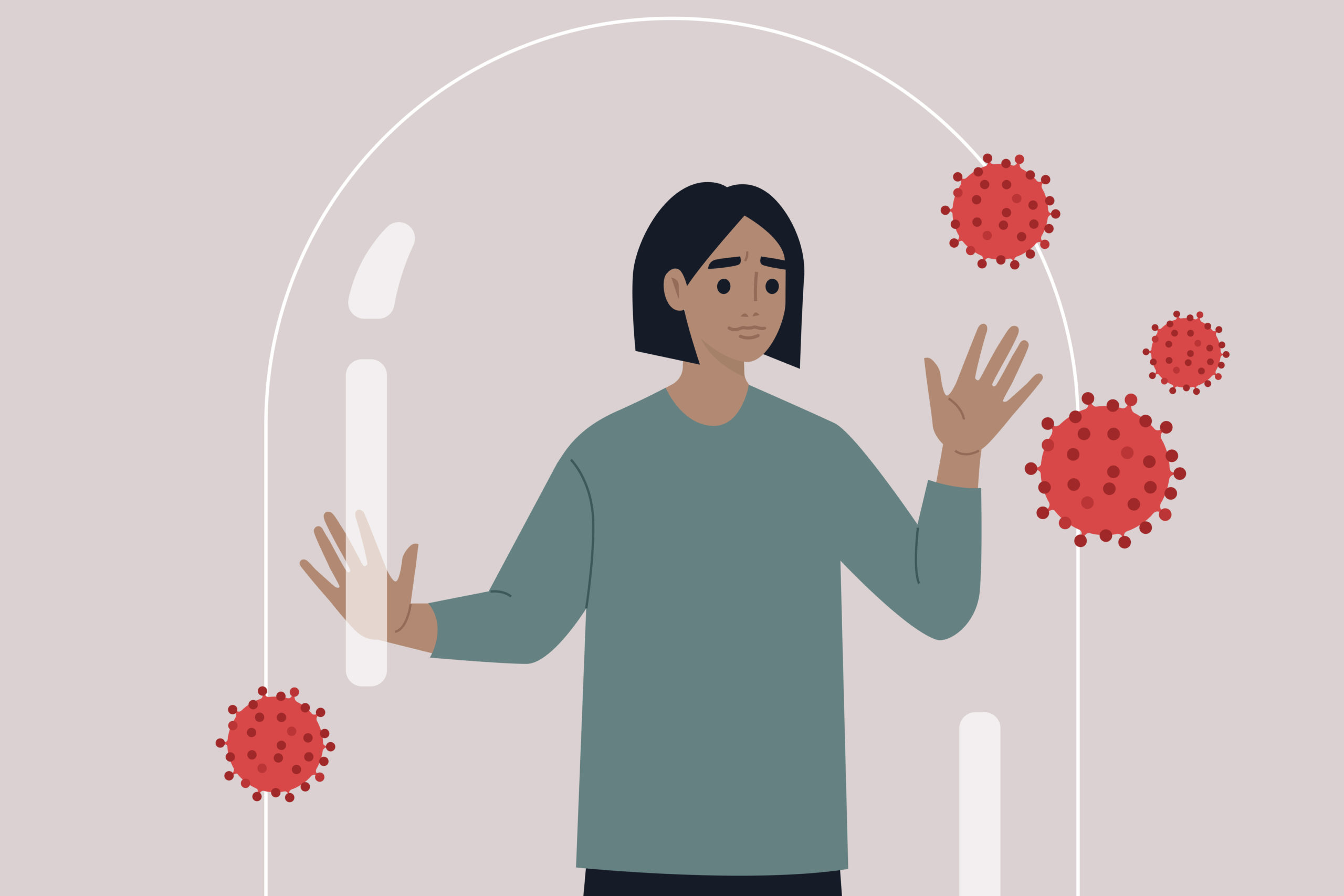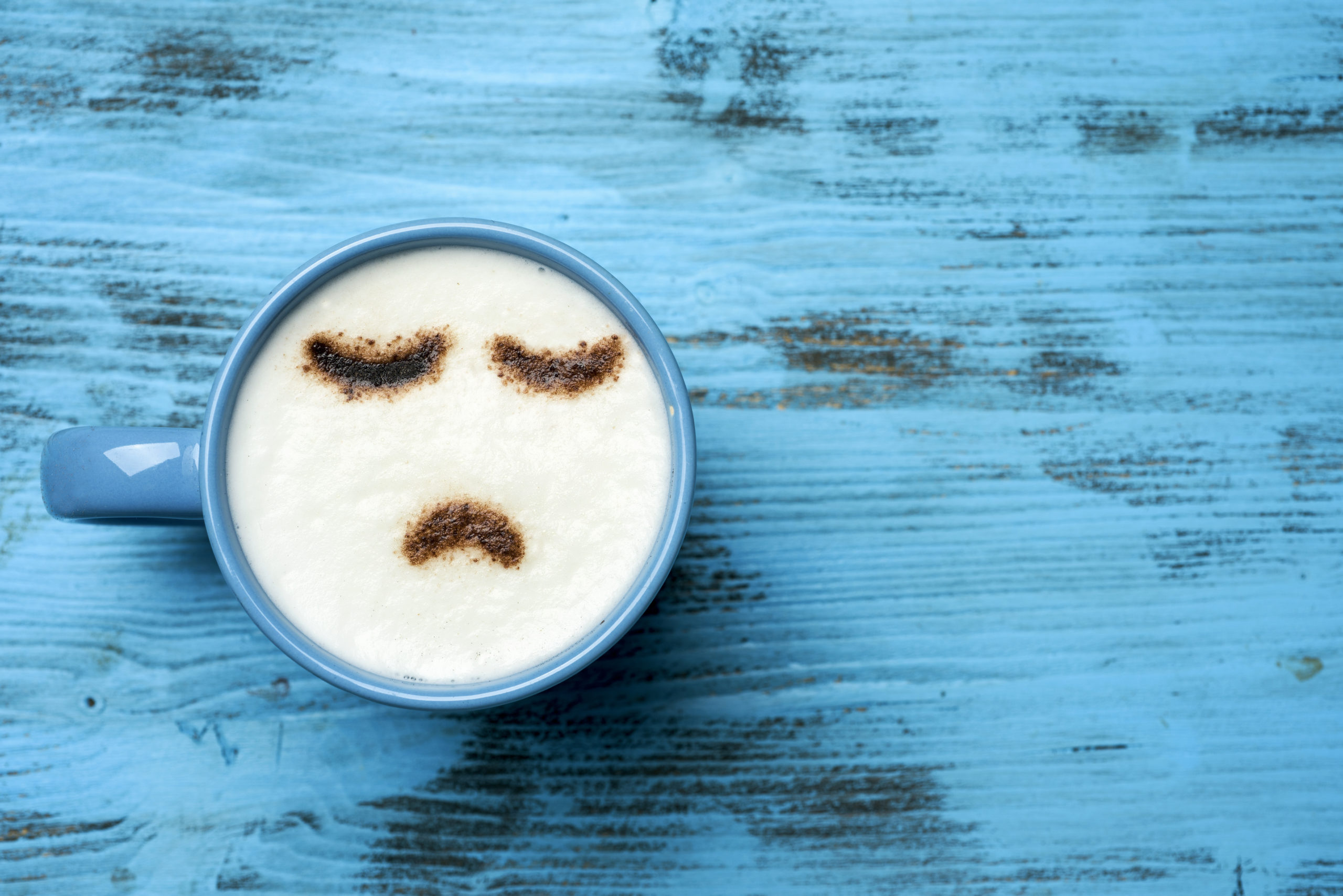Since 2005 every third Monday of the year has been declared ‘Blue Monday’. Dr. Cliff Ansell declared it the most depressing day of the year due to the post-Christmas blues, cold weather, dark days, a long wait for payday and the hopefulness of new years resolutions fading. Although Ansell said his intention in coining the phrase was that it inspires people to make positive choices, instead it is hyped by the media as one of the worst days of the year.
In fact, there is no science behind ‘Blue Monday’. Suicides are in fact higher in summer rather than winter according to the Centre For Suicide Prevention. It’s generally agreed that the whole concept of Blue Monday was in fact just a PR stunt created by Sky Travel to sell their ‘January Blues’ beating holidays. But despite its sketchy origins, it seems to be firmly part of the calendar, and the hashtag has been trending each year, getting over 500k Instagram posts so far.
The problem with the concept of Blue Monday is that it trivialises mental health. Anyone who suffers from depression will know that that feeling doesn’t isolate itself to one day or even one season, but is something dealt with at different times and all through the year. Not only that, but it assumes that depression is because of external factors such as the weather or having to wait a while to be paid. Whilst these things might get us down, clinical depression is because of a chemical imbalance of the brain and often the feeling of ‘sadness’ can’t be attributed to anything specific.
“This shit undermines a serious mental illness”
Columnist and podcaster Bryony Gordon, who has suffered from Mental Health problems throughout her life, posted her own counter argument for Blue Monday this week, reminding people that you can be depressed at any time of year.
Many people say that they are depressed when they’re just feeling sad or going through difficult times. Whilst there is no denying that people can be left feeling very low, depression is a very serious mental illness and something that shouldn’t be referenced lightly.
Time To Debunk The Myth
Mental health charities have been keen to debunk the myth of ‘Blue Monday’. The Head of Information at Mind said that there is no evidence that one-day increases the risk of people being depressed.
“There are of course certain things that may make people feel down at this time of year, such as post-Christmas financial strains, broken New Year’s resolutions, bad weather and short daylight hours. However, depression is not just a one-day event.
“We want to remind people that depression can happen at any time and that Mind is available to help people throughout the year.
We’ll see lots of talk about #BlueMonday today. But we know that depression doesn’t care what day it is. That’s why we’ve always got help and support available > https://t.co/W5BFiO5Wum pic.twitter.com/eKnBARbxwD
— Mind (@MindCharity) January 21, 2019
One campaigner blogged on Mind’s website talking about how she feels about Blue Monday:
“Blue Monday is absolute nonsense. It completely trivialises a serious illness that affects people, like me, every day. Depression affects people in many ways, from feelings of worthlessness and anger to lack of sleep. Depression is not, and never will be, something that happens on one day only.”
The Samarians have been campaigning to change Blue Monday to Brew Monday, encouraging people to take the time to talk to someone over a cuppa, giving out tea bags near train stations and encouraging people to call them if they need support.
A big thank you to our wonderful volunteers, who have been out and about all over the country today to encourage people to get together for a cuppa and a chat to turn #BlueMonday into #BrewMonday. Have you seen them near you? Make sure you pop over to say hello 👋💚 pic.twitter.com/qEMzyAKsux
— Samaritans (@samaritans) January 21, 2019
Rethink Mental Illness also tweeted out the reminder that people live with depression and mental illness all year round.
The 'science' behind #BlueMonday doesn’t add up. It is not the most depressing day of the year. People live with depression and other serious mental illnesses all year round. If you’re worried about your mental health then get in touch here > https://t.co/IaBhXBGeef pic.twitter.com/avZ4OHCwhr
— Rethink Mental Illness (@Rethink_) January 21, 2019
So while brands use the hashtag #bluemonday to sell their products, remember that those that suffer don’t just suffer for just one day. It’s important to check in with your friends and see how they are whatever the time of year or whether things seem bad or good for them. Even in the height of summer when the sun in shining and most of us feel hopeful, someone may be in need of someone to listen.





